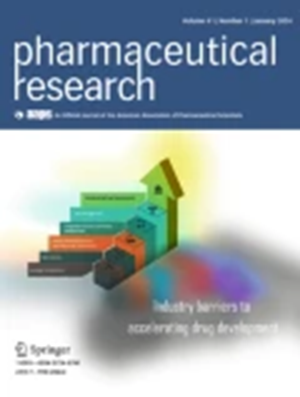An Amorphous Solid Dispersion of Baicalin and its Oral Therapeutic Effect on Ulcerative Colitis
Abstract
Objective: Ulcerative colitis (UC) treatment currently faces multiple challenges including adverse effects, prolonged therapy durations, and high costs. Baicalin (BA) has demonstrated anti-inflammatory benefits for inflammatory bowel disease, and the objective of this scholarly work is to address the challenges associated with the poor aqueous solubility and diminished oral bioavailability of the compound in question, thereby offering an innovative therapeutic approach for the management of ulcerative colitis.
Methods: We developed a baicalin-arginine complex (BA-Arg) by screening for suitable basic compounds and utilizing a freeze-drying method, resulting in an amorphous solid dispersion of BA.
Results: Our findings revealed that BA·Arg significantly enhances the intestinal absorption and transmembrane transport of BA without inducing toxicity in Caco-2 cells. Pharmacokinetic studies in healthy Wistar rats demonstrated significantly higher plasma concentrations of BA compared to free BA. In a mouse model induced by 3.5% dextran sodium sulfate, BA·Arg treatment markedly alleviated colitis symptoms as evidenced by reduced inflammatory cell infiltration, decreased lymphocyte aggregation in the colon, and better preservation of intestinal mucosa. This improved the overall anti-colitis efficacy of BA.
Conclusions: Overall, our study presents a simple, eco-friendly formulation process that enhances BA solubility without the need for organic solvents, offering a practical and sustainable solution for developing BA-based therapies for UC.





